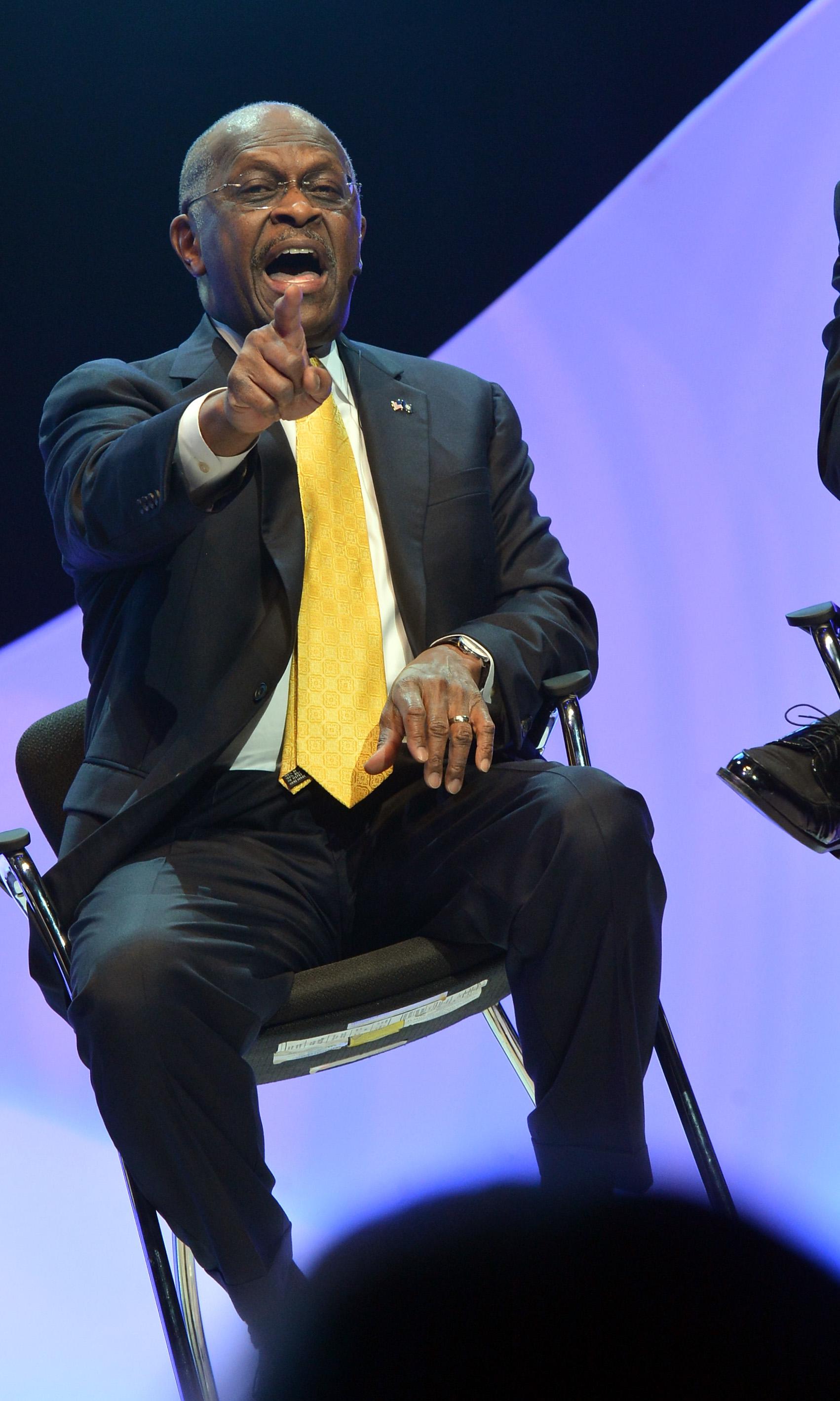In the 2012 election cycle there were 20—twenty!—Republican primary debates. In the common telling this high number allowed the primary to become its own kind of running reality show in which minor characters like Herman Cain and Rick Santorum were able to briefly seize party supremacy with exciting if unsustainable debate performances. This allegedly damaged establishment nominee Mitt Romney by exposing him to new lines of attack and putting him in awkward defensive situations. (Slate’s John Dickerson wrote on Wednesday about the establishment vs. grass roots dynamics at play in the debate debate.) The party will not repeat the experience, Politico reports:
A group of 13 RNC members, essentially operating under the control of party Chairman Reince Priebus, will choose the timing, location and media partners of the 2015-2016 Republican primary debates. They will insist that conservative panelists join moderators from the mainstream media.
To make it stick, the plan would crack down on candidates who participate in debates that aren’t sanctioned by the party — by barring them from ones that are…
The new regime will benefit top-tier candidates who don’t need the free media exposure, as well as broadcast networks that spend big money to produce debates and don’t want to put on more than a few of them. The losers are underdog candidates and cable channels, which draw bigger-than-usual audiences on debate nights.
A source specifically says that “six to 10” debates are likely and that party officials were largely unified behind the plan—many Republican leaders are, apparently, still upset about a variety of 2012-debate-related grievances.
But—speculation ahead—does it not seem possible that Romney’s ultimate downfall was not too much internal vetting but rather not enough? After all, he was an unexciting public speaker with an exploitable biography and a political résumé highlighted by a government health-care program resented inside his own party—and none of this was a secret even before the primaries. (Ron Klain argues that the debate season actually helped Romney do better than he otherwise would have.)
Looked at in this way, the GOP officials quoted in the Politico piece—accusing cable networks of being too liberal and promoting a circus atmosphere—sound less like they’re correcting past mistakes and more like they’re still living inside the same factually-slanted us-against-them reality in which most of them believed, in November 2012, that Mitt Romney was cruising to an easy victory. They’re trying, it sounds like, to “unskew” the primary debates.
Taking off my political analyst hat, the upshot for normal humans is that debates are soul-crushing extravaganzas of phoniness, dishonesty, and demogougery, and now there will be fewer of them.
Update, May 9, 2014: This piece has been updated to include links to previous Slate coverage of the issue.
